

Solar energy is a rapidly growing renewable source of energy and solar inverters play a crucial role in harnessing the potential of this incredible power source. Solar inverters convert the direct current (DC) produced by the solar PV panels into alternating current (AC) making it suitable for our homes and businesses.
Mainly there are three types of solar inverters: on-grid, off-grid, and hybrid. While on-grid inverters are connected to the utility grid, off grid inverters operate independently, and hybrid ones offer the characteristics of both inverters. In this article, let’s dive deeper into the functioning of off-grid solar inverters and explore their features and benefits.
What are Off-Grid Solar Inverters?
Off-grid solar power systems are becoming more and more popular these days, as they offer an eco-friendly and cost-effective way to generate electricity. However, for these systems to work properly, they require an essential component – the off grid solar inverter. Off grid solar inverters are an essential component of off-grid solar power systems.
These systems generate electricity using solar panels and store it in batteries. Off grid solar inverters are designed for standalone systems that operate independently of the utility grid. These inverters work in combination with battery storage systems to store excess solar energy generated during the day and use them at night or during a low solar energy production period.
Off grid solar inverters come in different sizes and types, depending on the power requirements of the system. They can be used in small off grid systems, such as cabins and RVs, or larger systems, such as remote homes, farms, and communities. They are also suitable for use in areas with unreliable grid power, where having a backup power source is essential.
Types of Off-Grid Solar Inverters
There are two main types of off grid solar inverters:
1. Pure sine wave inverters: They produce a clean and stable AC output, which is similar to the power from the grid. These inverters are suitable for sensitive electronic devices, such as laptops, TVs, and audio systems.
2. Modified sine wave inverters: They produce a choppy and unstable AC output, which is not suitable for sensitive electronics. They are generally cheaper than pure sine wave inverters and are used in simple off-grid systems, such as lighting and basic appliances.
Features of Off-Grid Solar Inverters
Off-grid solar inverters have a wide range of features which are mentioned below:
• Overload and short-circuit protection: They offer protection from damage due to short circuits and excess load, thus ensuring the longevity of the system.
• Battery charging control: They are equipped with a feature that optimizes the charging of the battery and ensures that it is charged efficiently without being damaged, ultimately extending the life of the battery and ensuring optimal performance.
• Remote monitoring: This feature allows us to monitor the performance of the inverter remotely, using a computer or a mobile device. We can keep an eye on the performance of our system, detect any issues or malfunctions, and take action before they become major problems
• Automatic voltage regulation: This feature ensures that the AC output voltage is stable and doesn’t fluctuate, even if the load on the inverter changes. Thus ensuring that devices and appliances powered by the system receive a consistent and stable supply of electricity, which is crucial for their proper functioning.
• Low battery protection: This feature allows the solar inverter to shut down automatically when the battery voltage drops below a certain level, preventing it from getting damaged. This feature ensures that the battery remains healthy and extends its life, while also preventing any damage to the inverter itself.
Benefits of Off-Grid Inverters Over On-Grid Ones:
• Standalone power supply: They work with battery storage systems, providing continuous power even during power outages.
• Energy independence: They are self-sufficient as they generate and consume electricity independently of the utility grid. No grid connection costs: These inverters eliminate the costs required for grid connection and complying with utility regulations.
• Flexible system design: With these inverters versatile hybrid energy systems can be created as they allow the integration of multiple energy sources.
• Environmental sustainability: They reduce reliance on fossil fuels, contributing to a greener and more sustainable future.
It’s worth noting that while off grid solar inverters offer the above-mentioned advantages, on-grid solar inverters have their benefits too. With on-grid inverters, we can feed excess power back into the grid and thus potentially receive some financial incentives through net metering or feed-in tariffs. The choice between off-grid and on-grid solar inverters depends on specific needs, location, and available infrastructure.
Point to Remember Before Buying an Off- Grid Solar Inverter
While deciding on purchasing an off-grid solar inverter customers should carefully consider factors such as:
- Location: Availability and reliability of the utility grid
- Energy needs: Size of the property, the number of occupants, and the types of appliances and equipment that require power
- Backup Power Requirements: The need for backup power during grid outages.
- Cost Analysis: Compare the long-term financial implications of an off-grid system versus staying connected to the grid.
- Regulations and Permissions: Research local regulations, permits, and building codes that may affect the installation and operation of an off-grid system.
By considering these factors and discussing them with a qualified professional, customers can make an informed decision about whether an off grid solar system aligns with their specific needs.
Umang Off-Grid Solar Inverters by Ornate Solar
At Ornate Solar, we understand the importance of reliable and efficient off-grid solar inverters and we are proud to offer Umang Off-grid solar inverters, a range of off grid solar inverters that are equipped with pure sine wave technology and intelligent design to ensure high efficiency and optimum system performance. Our Umang inverters come in various sizes, ranging from 3kW-24V to 5kW-48V, making them suitable for a wide range of off-grid solar power systems. .
Crafted in India, Umang’s range of solar solutions help generate hassle-free clean energy and achieve independence from the grid. With our Umang inverters, you can enjoy the benefits of clean energy without worrying about grid power outages or unreliable grid power. Whether you’re looking for a small off-grid solar power system for your small setup or a larger system for your remote home or village community, Umang is the perfect off-grid solar inverter for your needs.
About Ornate Solar
Ornate Solar is one of the leading solar companies in India with over 10 years of experience in the industry. We have partnered with the best-in-class global solar brands to provide you with a trustable, affordable, and reliable range of solar panels, solar inverters, and solar accessories.
We have also developed India’s first Integrated Rooftop Solar system. Ornate InRoof is a roof made out of solar panels, which is leak-proof and looks aesthetically pleasing.
If you are exploring solar solutions, reach out to us at 18002026252 to discuss your options
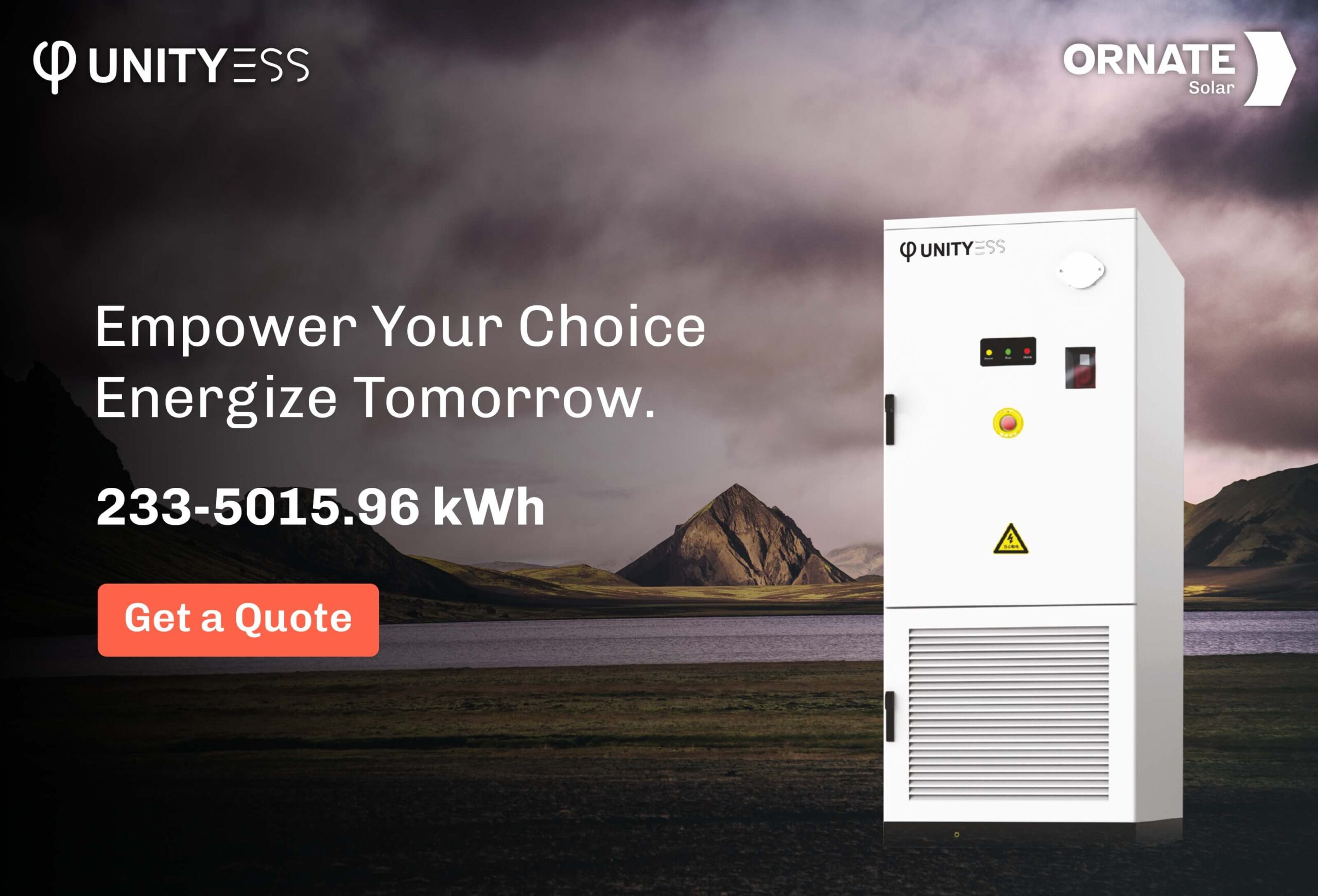


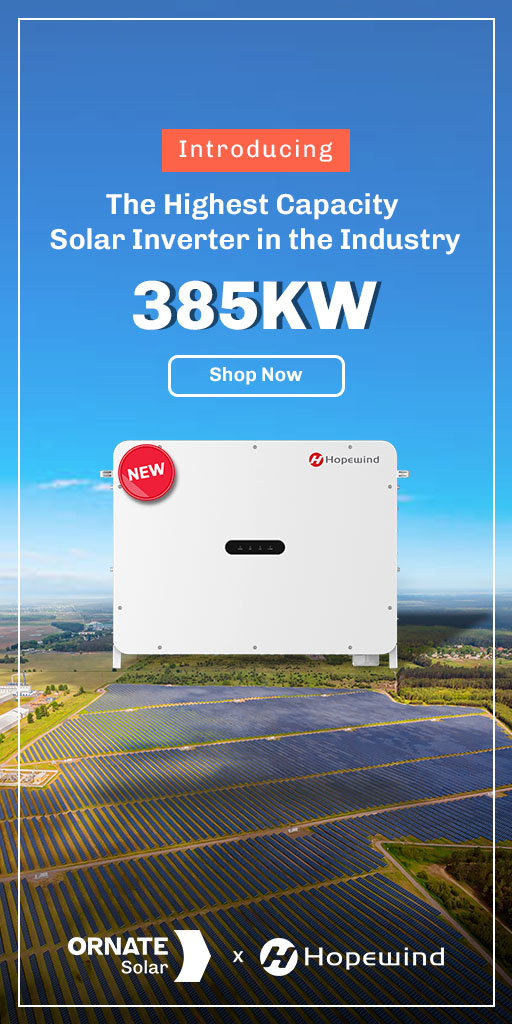
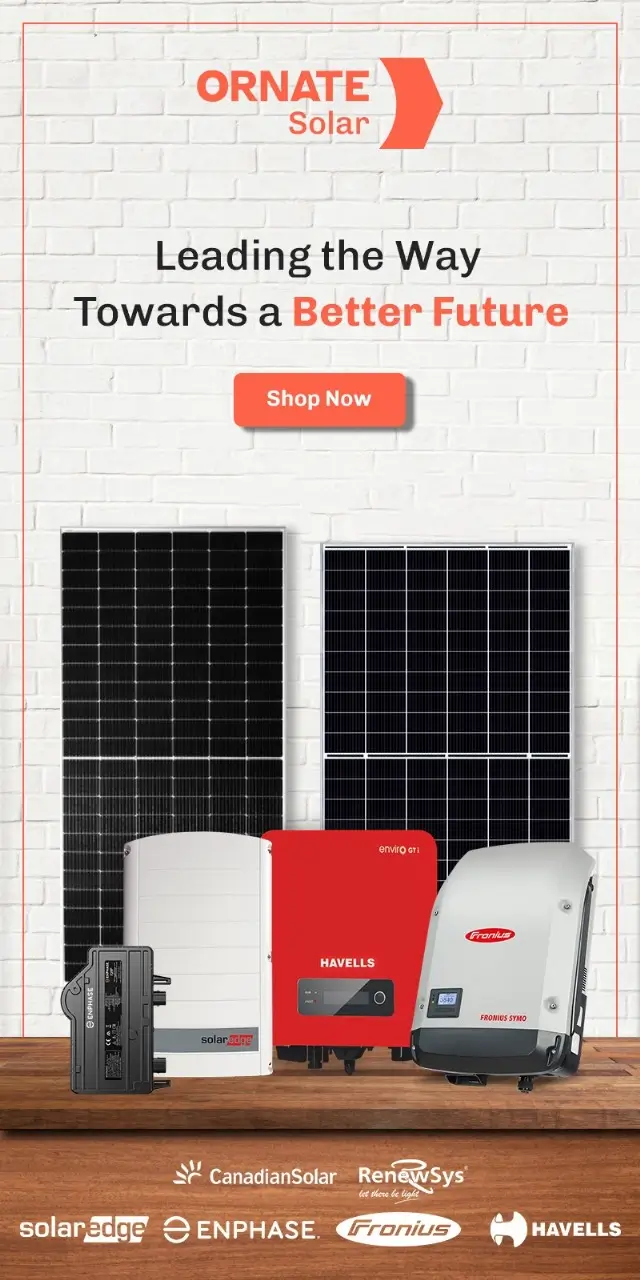
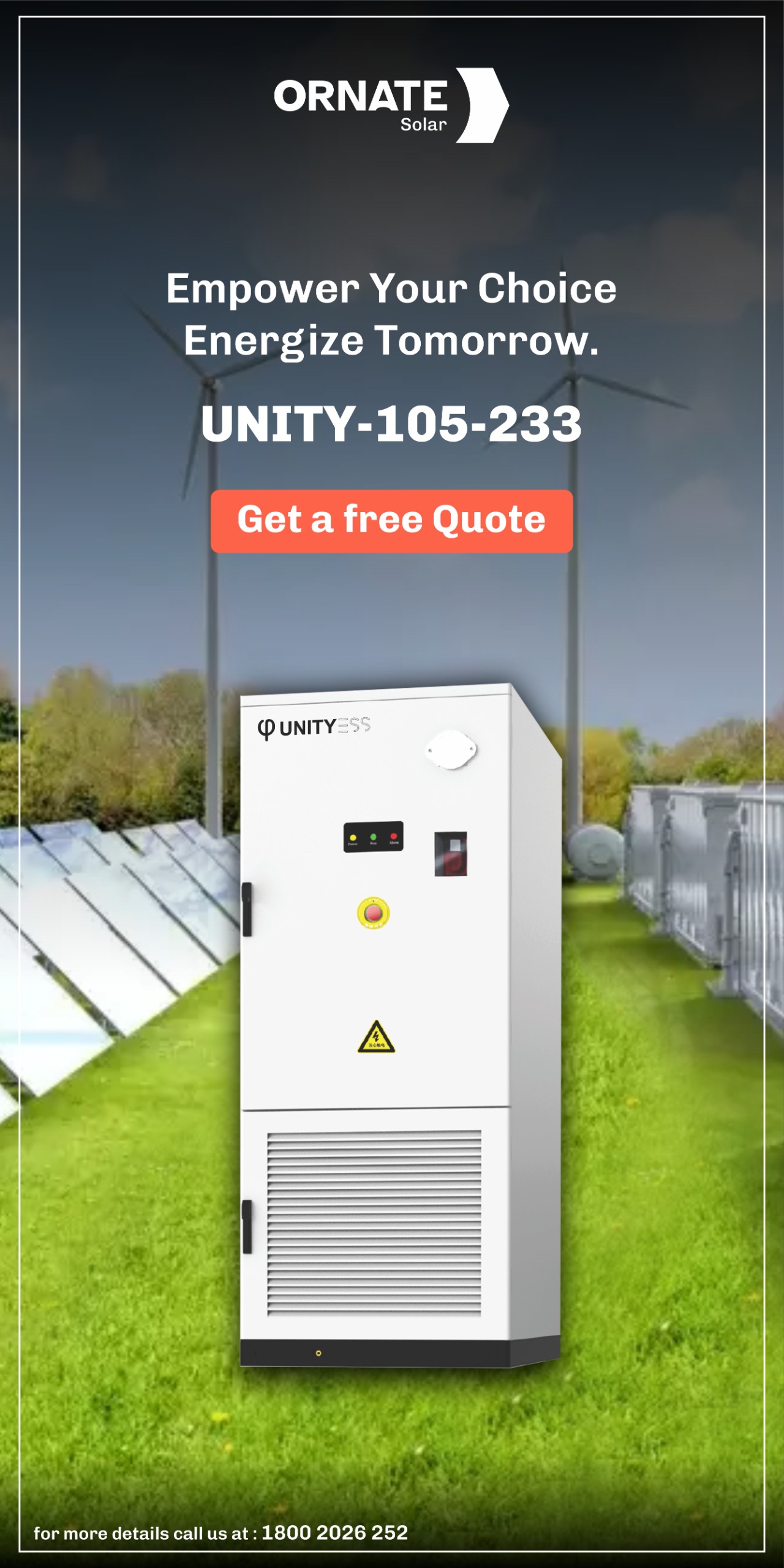



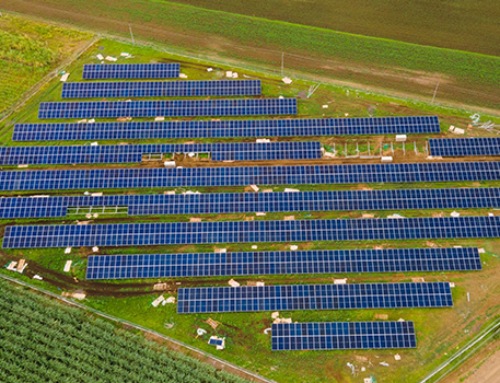
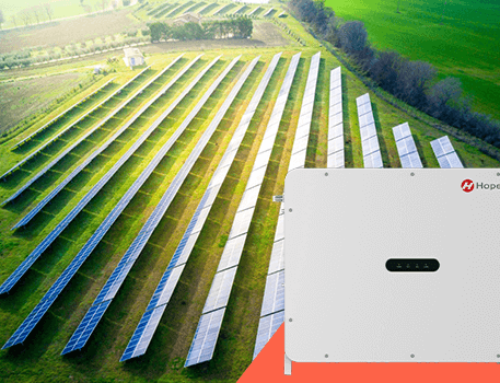
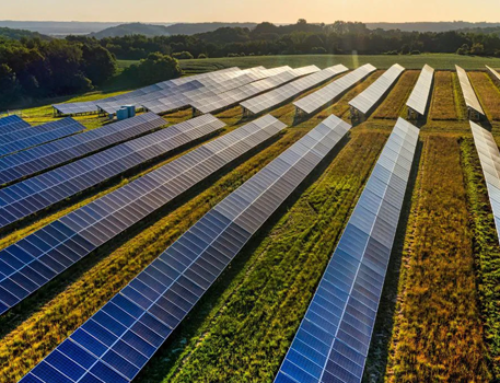
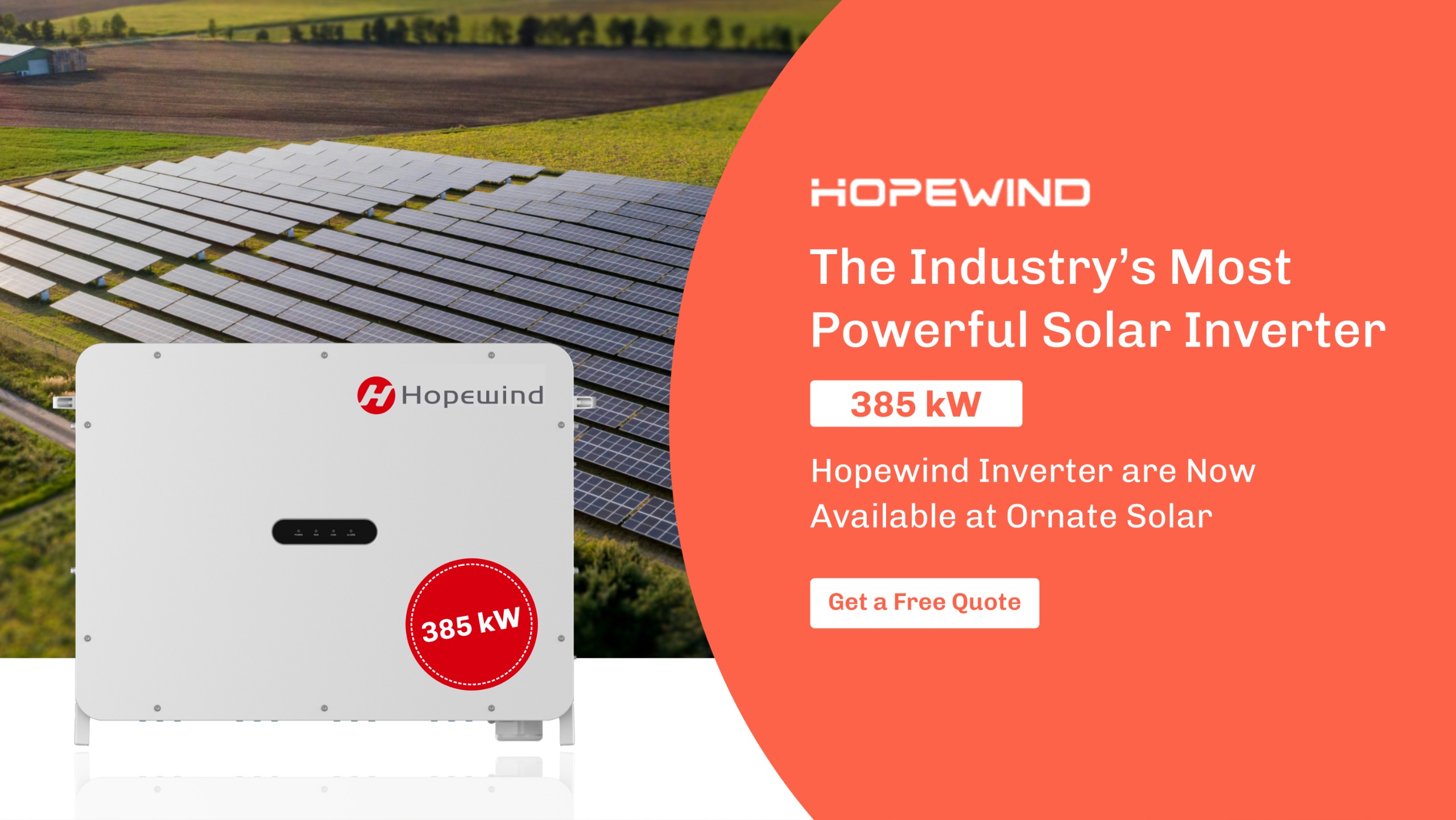
Great read — thanks for explaining off-grid solar inverters so clearly! I especially liked how you described how they store solar energy in batteries and provide power even when the grid isn’t available. It’s reassuring to know about features like overload protection and automatic voltage regulation for safety. Useful guide for anyone exploring off-grid solar.